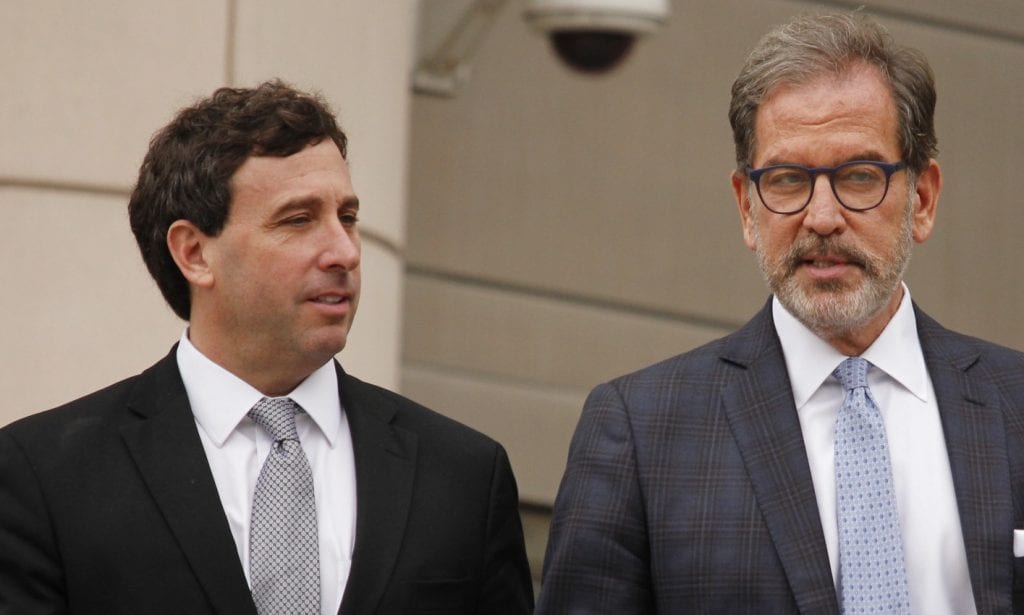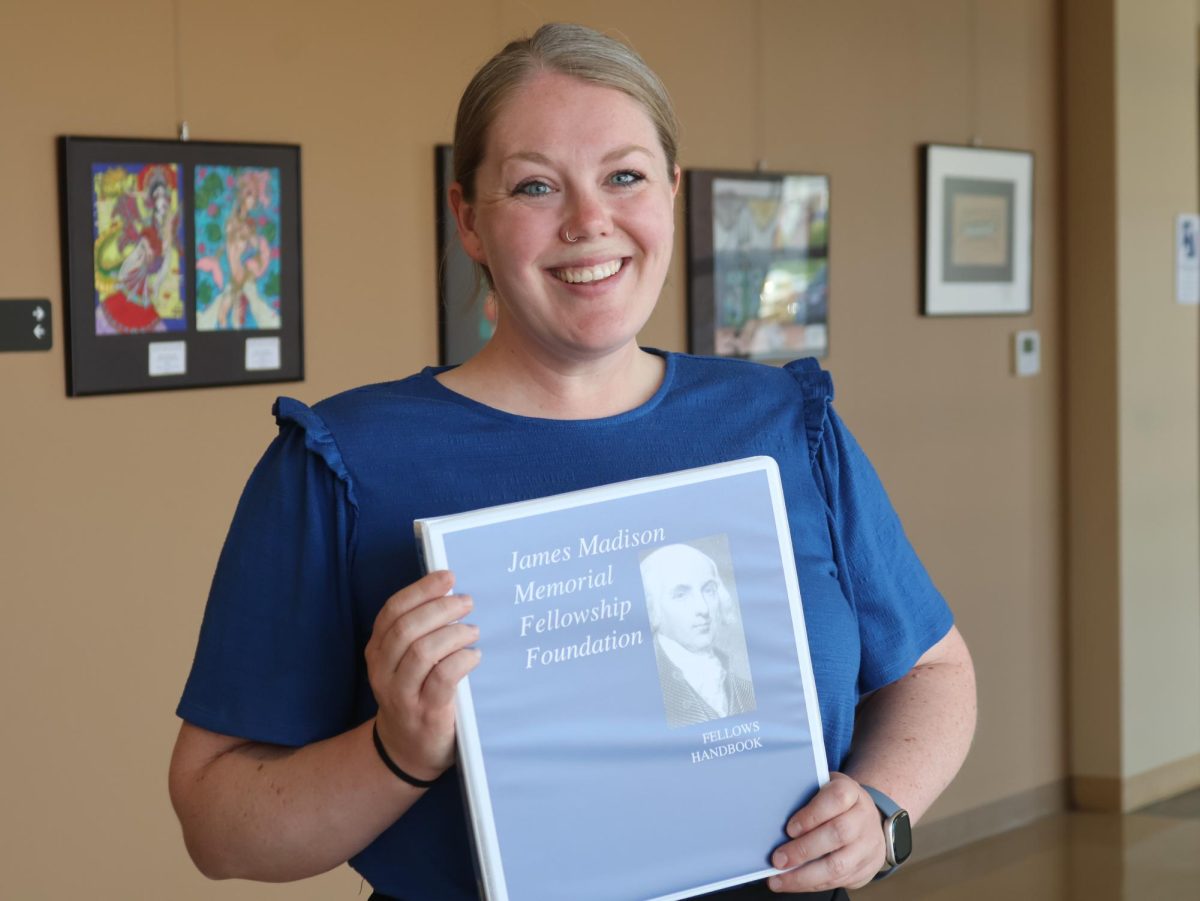By Gloria Lloyd
News Editor
glorialloyd@callnewspapers.com
In an unusual move, the federal prosecutors overseeing former St. Louis County Executive Steve Stenger’s corruption scandal upped their sentencing request to ask for the high end of the sentencing range, after first asking only that he serve a prison term within the three- to four-year guidelines.
U.S. District Judge Catherine D. Perry will sentence Stenger Friday. He pleaded guilty May 3 to three felony corruption charges: bribery, theft of honest services and mail fraud. Under federal sentencing guidelines and his plea deal, his recommended prison term is 37 to 48 months. But Perry can go above or below the guidelines.
Prosecutors had requested in their first memo Aug. 2 that Perry impose a sentence within the guidelines of three or four years, which they said was justified by his profanity-laced, bullying behavior while in office. In his own memo filed Sunday, Stenger’s attorneys asked for the low end of the sentencing range, 37 months, noting that Stenger quickly pleaded guilty and surrendered his law licenses and license as a certified public accountant, prepaid the restitution and was a first-time offender with a low likelihood of reoffending.
In those court filings, Stenger asked the judge to take into account his prepayment of $130,000 in restitution, which his lawyers deemed restitution paid in full, citing other cases where this led to lower sentences.
But in the prosecutors’ second memo filed Tuesday, Assistant U.S. Attorneys Hal Goldsmith and Reginald Harris changed their request to ask for a sentence at the high end of the range, four years.
Only a sentence at the top of the range can “address the scope, breadth and harm caused by defendant’s criminal conduct,” the memo stated.
The prosecutors said that the cases Stenger’s attorney Adam Fein cited in his defense memo as precedent for prepaid restitution meriting lower sentences were all individual fraud cases, not public corruption.
“None of those defendants were public officials, as defendant Stenger is, charged with depriving his constituents of their right to his honest services,” the prosecutors wrote in their second memo. “That’s a significant distinction, as it is much more difficult, if not impossible, to quantify the actual harm in an honest services fraud case than in a fraud case where the dollar amount of loss is easily calculable. Here, the $130,000 involved in the illegal contract provided to Stenger’s donor John Rallo does not come close to identifying the overall harm caused to the residents of St. Louis County over the four years of defendant’s honest services fraud scheme. In no way should defendant’s restitution payment be considered “payment in full” for the intangible harm he has caused through his criminal scheme.”
The prosecutors also fight back against the idea that since Stenger is a first-time offender, he should get a lighter sentence. They say that is already factored into the sentencing guidelines and should not be factored twice. Most public corruption is by officials with no criminal background, so setting that precedent would also make corruption cases more difficult to punish.















